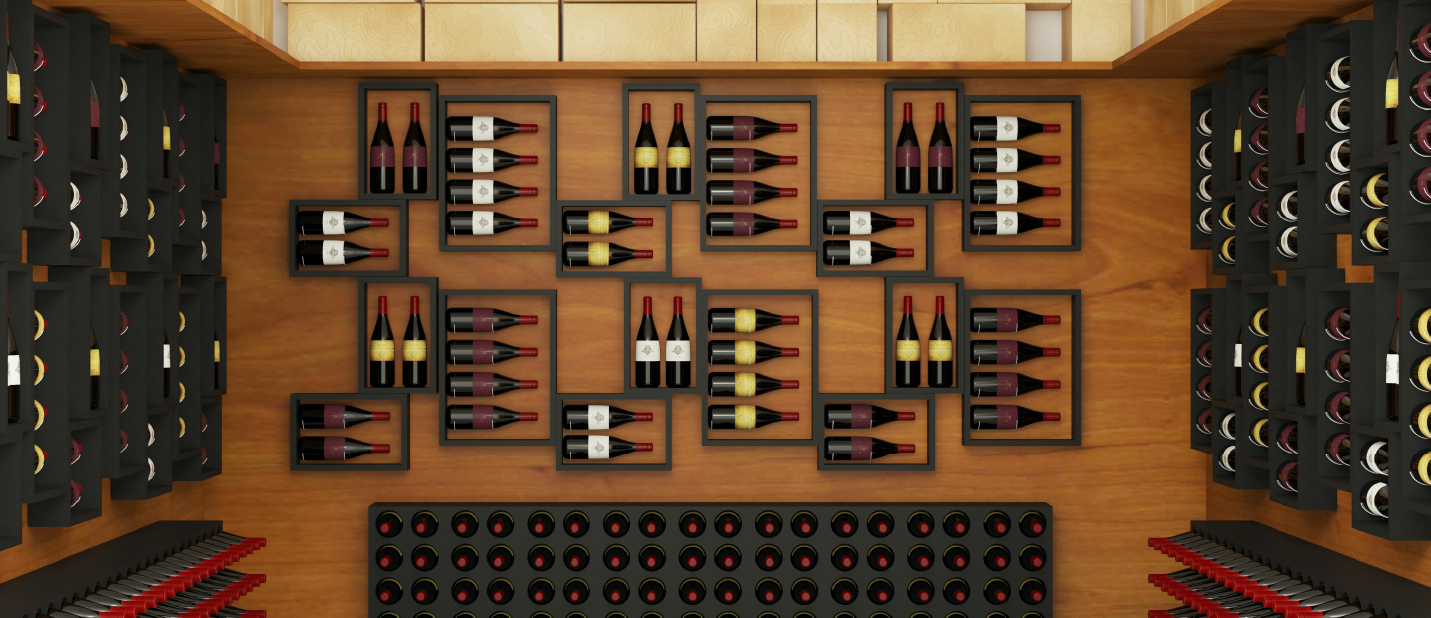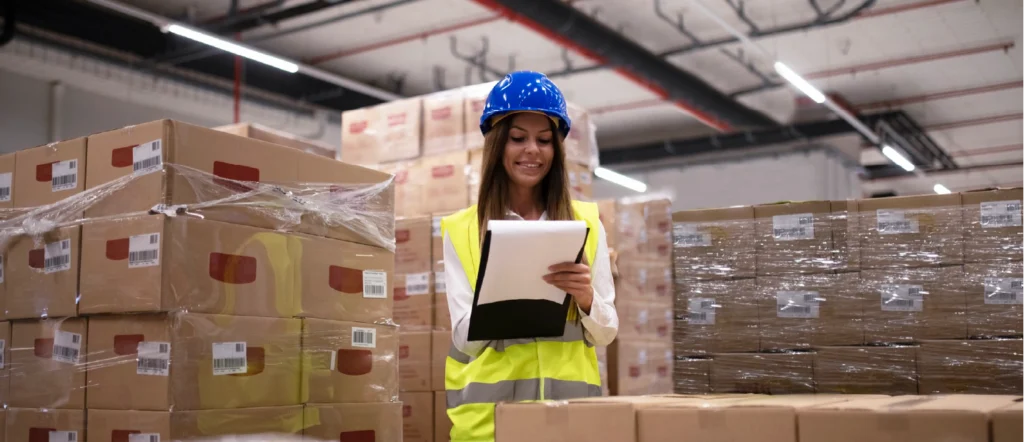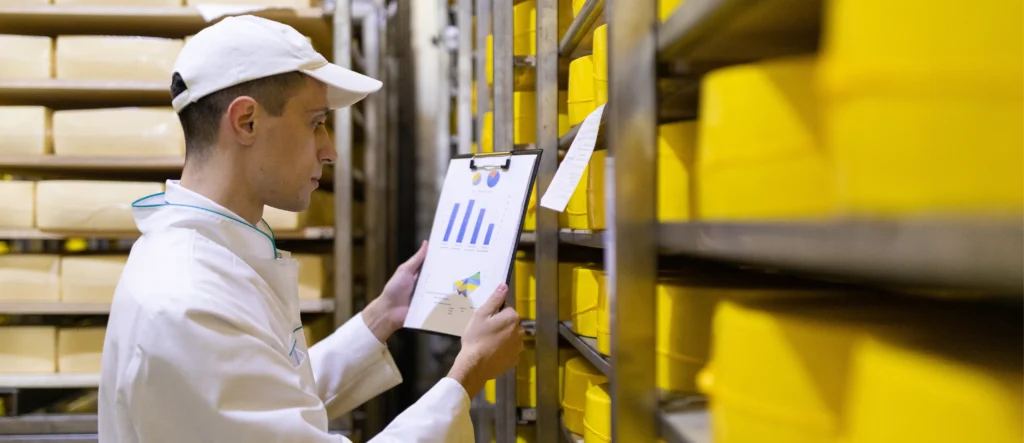Each country has its own laws that regulate all stages of the process, from fermentation and distillation, through packaging and labeling, to storage, consumption and final disposal of the container.
In the case of Mexico, there are federal regulations; additionally, each State of the Federation and even the municipalities have their own laws and regulations applicable to the carrying, storage, distribution, sale and consumption of alcoholic beverages.
So, depending on your location, you will have to make the appropriate consultation at the state and local level.
In our case, let's take a look at the technical and legal requirements and requirements that apply to the storage of alcoholic beverages in Mexico in general, as well as some tips and best practices.

Legal framework for the storage and handling of alcoholic beverages in Mexico
We have already mentioned in the introduction that the legal and technical requirements for the packaging, handling and storage of alcoholic beverages in Mexico derive from different laws and regulations.
The following laws and regulations can be listed in a non-exhaustive order:
Alcoholic Beverages Sanitary Regulations
Dated May 1963. With a broad classification of liquors, it also establishes that establishments destined for the storage, deposit or packaging of this type of beverages require a license from the Secretaría de Salubridad y Asistencia.
Mexican Official Standard NOM-199-SCFI-2017
Standard governing the denomination, physicochemical specifications, test methods and commercial information for alcoholic beverages in Mexico.
Where you can find requirements such as that for the final consumer, the capacity of a container cannot exceed 5 liters.
This law mentions a wide range of regulations applicable to each specific beverage, such as:
- NOM-006-SCFI-2012: for tequila
- NOM-070-SCFI-2016: applicable to Mezcal
- NOM-144-SCFI-2000: for charanda
- NMX-V-001-NORMEX-2012: applicable to wiski
- NMX-V-002-NORMEX-2010: regarding rum
- NMX-V-011-NORMEX-2013: for cider
Among many others.
Normativa NOM-142-SSA1/SCFI-2014
As a regulation governing the sanitary and commercial labeling of alcoholic beverages in Mexico.
Some aspects related to packaging and storage that are worth mentioning with respect to this standard:
- The products referred to in the standard (liquors) should be packaged and stored in containers made of innocuous and resistant material for the different stages of the process.
- It should be ensured that the container does not react with the contents, altering its sensory, physical or chemical conditions.
- An alcoholic beverage may not be contained in a container that does not correspond to its type or brand.
- Materials allowed for the packaging and storage of alcoholic beverages: glass, aluminum, laminated cardboard, PET, stainless steel and any other material approved by the Ministry of Health.
- The storage and packaging of this type of beverages in containers of flexible material is prohibited.
- To ensure proper disposal, alcoholic beverages should be packaged with resistant materials that prevent deterioration, facilitate handling, transport, storage and distribution.
State and local regulations for the handling, storage, distribution and sale of alcoholic beverages.
We mentioned in the introduction that in addition to federal regulations, each state and even the municipalities have their own provisions and it is important that according to your location you make the proper review.
An excellent resource is the official website of the General Unit of Legal Affairs of the Ministry of the Interior (http://www.ordenjuridico.gob.mx/), in the federal and state sections by searching with the keyword 'alcoholic beverages'.
As a reference or example, you may consult the legal requirements in force for the State of Baja California Sur or the Municipality of Querétaro regarding liquors.
We present the advantages of third party logistics: Third Party Logistics
Good storage practices for alcoholic beverages
It is clear that the term alcoholic beverage refers to a huge variety of liquors and depending on the type, different conditions may be used for proper storage.
Two main groups characterize these beverages: those derived from fermentation and those derived from a distillation process.
Let's look at some types that apply to the most common beverages.

Requirements for the preservation of fermented alcoholic beverages
Fermented alcoholic beverages do not undergo a distillation process; they are produced from a fermentation process of cereal or fruit sugars.
Among this group we have:
- All wines
- Industrial and craft beers
- Cider
- And sake.
These are some good practices for storage and conservation:
- Enriched wines and beverages containing dairy products or creams should be stored at temperatures below 12-16 degrees Celsius.
- Craft beers should be kept at low temperature ranges (10 to 12 degrees Celsius).
- Storage practices suggest that wine and cider bottles are best stored in an upright position to avoid drying out.
- Stored beer should not be exposed to any type of light, which is why most of its containers are dark.
Online store owners: Learn how to boost your digital marketing.
Requirements for the preservation of distilled alcoholic beverages
Distilled spirits, as the name implies, undergo a distillation process after fermentation to increase their alcohol content.
Some of the beverages obtained by distillation are:
- Bacanora
- Sotol
- The charanda
- Tequila
- Mezcal
- Rum
- Wiski
- Vodka
- Gin
- Cane brandy

These are some measures for storage and conservation:
- One of the main precautions with distillates is to avoid temperature changes.
- The place where they remain in the cellar or warehouse should not receive direct sunlight, as any direct sunlight can cause oxidation of the distillate.
- It is recommended that the temperature of the cellar or warehouse be above 12 ºC.
- Avoid high temperatures (above 32ºC) as the distillate may expand and cause the bottles to break.
- Bottles should be stored in wooden or cardboard box containers at a rate of 6 to 12 units per box.
- The boxes containing the bottles should be stored in such a way as to maintain an upright position.
- The boxes can be placed on pallets (12 boxes per pallet) with a maximum of 3 levels and these in turn on racks.
This has been a brief tour of the requirements for the storage of alcoholic beverages.
In general terms and beyond what has been indicated, national technical standards and regulations are not entirely explicit about storage, warehousing and safeguarding conditions, unlike other steps in the process such as manufacturing, labeling, packaging and sale.
The invitation is to consult the laws, rules and regulations in full.
If you have any questions or comments, the specialists at ABC Logistics will be pleased to help you.





